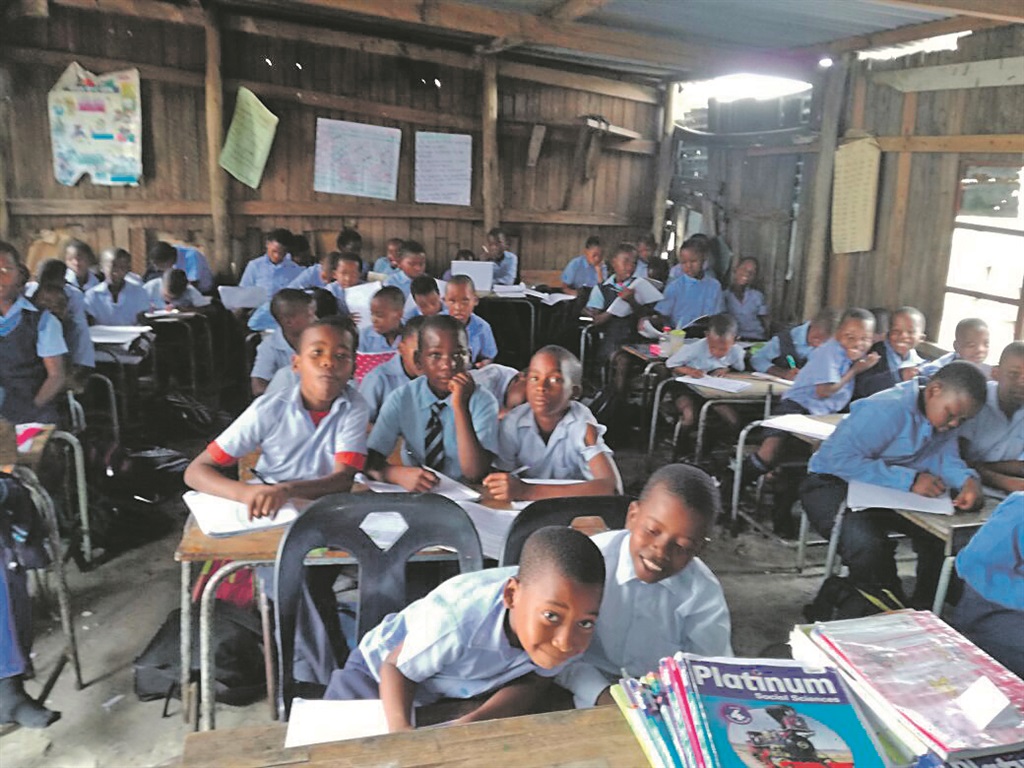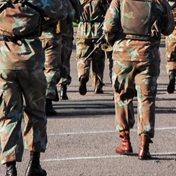
A more Afrocentric approach to history is on the cards for the country’s kids, as Basic Education Minister Angie Motshekga moves to make the subject compulsory for all pupils.
A task team comprising historians and an archaeologist, which was appointed by Motshekga in 2015 to investigate how history should be taught in schools, found that the curriculum was written from a Eurocentric and liberal perspective.
An example of this, history lecturer at Nelson Mandela University Dr Nomalanga Mkhize said, was teaching children about their own history using only their family tree, which is a result of a more Eurocentric and individualist value orientation.
An African perspective would extend to teach them about their clans.
The team presented their final report to Motshekga during a handover event at Freedom Park in Pretoria on Thursday.
They recommended an overhaul of the curriculum to make it more Afrocentric.
Their decision was based on their views and input from teachers and others during consultations across provinces.
Recommendations made to Motshekga included that:
. Life Orientation be scrapped in grades 10, 11 and 12 and be replaced with compulsory history;
. Social Sciences, which combines history and geography, be separated in senior grades to allow extended time for history lessons; and
. These changes be phased in by 2023, with the next five years used to prepare for the curriculum changes.
Their recommendations came after they conducted a comparative study of how history was taught in some African and European countries.
Led by Sifiso Ndlovu, executive director at the SA Democracy Education Trust and a history professor at Unisa, the team decided to follow Ghana’s African perspective approach.
The Ghana model, they argued, offered history up to senior high school and the content is centred around the history of Ghana, the African continent and connections with Europe from ancient times to the 1990s.
The planned changes in the curriculum are expected to begin with the phasing in of compulsory history from 2023.
For the next five years, the department will work towards phasing out Life Orientation and phasing in history.
With these changes, pupils would study history using innovative archaeological technologies such as computerised models that help demonstrate three-dimensional representations of ancient settlements.
This could result in them being better prepared for careers such as policy analysts, economic historians, sociologists, social anthropologists, economists, archaeologists, diplomats and political scientists.
In an interview with City Press, Motshekga said her fears that experts could propose content that contains propaganda had been allayed.
“That’s what was my biggest concern. We must not create a history that divides our people and creates a sense of victors and non-victors, a history about conquerors and conquests, and the question of victims,” she said.
Motshekga said she agreed with Mkhize’s view that children should start being taught about themselves, their past and where they come from rather than starting from a negative perspective of life, which focuses on wars and the losses to invaders and colonists.
It paints their forefathers and, by extension, them, as victims.
“I think it’s a very healthy approach to life, but also to the teaching of history. It’s about the content of the subject, not about victimhood,” Motshekga said.
She said young Africans should be taught to develop a sense of pride in their heritage, to boost their self-esteem and confidence.
Motshekga said she was satisfied by the task team’s report, which would be implemented.
However, she said there would still be public consultations and the report would be presented to the heads of education departments committee; the council of education ministers; the basic education portfolio committee in the National Assembly; the select committee for education and recreation in the national council of provinces and to the ANC.
“The point of departure was to investigate the teaching of history as a compulsory subject up to Grade 12, and the revamping and strengthening of it. The team have responded quite squarely to that, so their recommendations speak to exactly what the ruling party instructed me to investigate,” she said.
Motshekga said negotiations would be held with unions on more teaching time required for history and regarding the hiring of additional teachers.
“We will engage with them, but at the end of the day we have the final word. So what we need to sort out with them concerns the rights of teachers so as not to overload them. I think it’s a technical process,” she said.
“The biggest thing is around the content. Teacher unions’ concerns are about conditions of service, not about the content of teaching. We never engage around policy issues.”
While addressing attendees at the event, Motshekga said she was relieved that experts did not focus on post-apartheid history.
She said there would be no “ANC-fication” of history like the “Zanufication” of history that experts discovered in Zimbabwe.
As part of overhauling the curriculum, experts argued that it was biased towards the liberal school of thought at the expense of other traditions including African nationalism, black consciousness and Marxism/socialism.
They said the white settler or colonial school of thought was absorbed by both the Afrikaner nationalist and liberal paradigms, while the African nationalist and black consciousness paradigms were discriminated against and neglected.
Instead of only focusing on historic events, experts argued that attention should be paid to how those events affected Africans.
TALK TO US
How do you feel about making history compulsory? What do you think the subject should cover?
SMS us on 35697 using the keyword HISTORY and tell us what you think. Please include your name and province. SMSes cost R1.50




 Publications
Publications
 Partners
Partners








